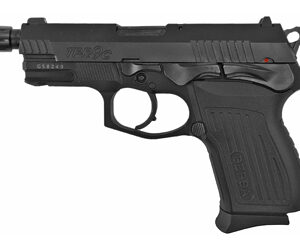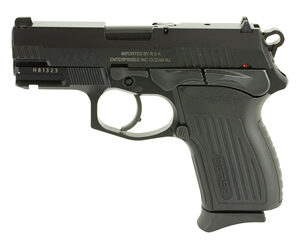The nervous system is a complex network of cells, tissues, and organs that coordinates and controls the actions and responses of the body. It is divided into two main parts: the central nervous system (CNS) and the peripheral nervous system (PNS).The CNS is composed of the brain and spinal cord, which are responsible for processing and integrating sensory information, initiating motor responses, and regulating bodily functions. The brain is the control center of the nervous system and is involved in complex cognitive processes, emotions, and behaviors. The spinal cord serves as a communication pathway between the brain and the rest of the body and also coordinates reflexes.The PNS consists of nerves that connect the CNS to the rest of the body. It is further divided into two subsystems: the somatic nervous system and the autonomic nervous system. The somatic nervous system controls voluntary movements and sensory information from the body’s external environment. It allows us to consciously control our muscles and perceive sensations such as touch, temperature, and pain. The autonomic nervous system controls involuntary functions such as heart rate, digestion, and breathing. It is further divided into the sympathetic and parasympathetic nervous systems, which work together to maintain homeostasis and regulate bodily functions.Overall, the nervous system plays a vital role in maintaining the body’s equilibrium, coordinating sensory information, controlling movements, and regulating bodily functions. It is essential for our survival and allows us to interact with and respond to our environment.

 Springfield Armory XDM Elite 10mm 4.5 16rd Flat Dark Earth OSP
$602.56
Springfield Armory XDM Elite 10mm 4.5 16rd Flat Dark Earth OSP
$602.56
 Ruger LCP Max with Lockbox
$372.96
Ruger LCP Max with Lockbox
$372.96
Springfield 9mm Prodigy 4.25
$1,299.20
Out of stock





